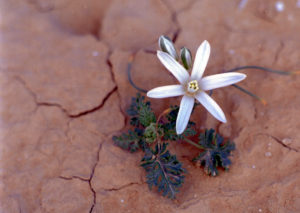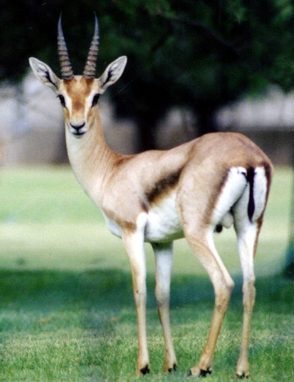
BGU Scientists Offer Climate Change Mitigation Strategy
BGU Scientists Offer Climate Change Mitigation Strategy
November 1, 2021
Natural Sciences, Research News
The Jerusalem Post — As the climate crisis continues to threaten many services that plant communities provide to humans, including driving prolonged droughts, experts are concerned that species diversity could decline. BGU researchers discovered a positive promise to mitigate adverse effects of the droughts.
 They developed and studied a mathematical model that captures a response mechanism operating at the population level – self-organization of plants in spatial patterns, and a reaction mechanism operating at the community level – community shift from species investing in growth to species investing in tolerating water stress, according to the university.
They developed and studied a mathematical model that captures a response mechanism operating at the population level – self-organization of plants in spatial patterns, and a reaction mechanism operating at the community level – community shift from species investing in growth to species investing in tolerating water stress, according to the university.
The findings, which were published last month in the peer-reviewed journal eLife, uncovered three notable realizations:
1. Spatial self-organization acts to reverse community-structure changes induced by water stress
2. It buffers the impact of further stress
3. It generates multi-stability of alternative ecosystem states and suggests new forms of ecosystem management that integrate the need for provisioning ecosystem services with the need to conserve community structure.
Prof. Ehud Meron, who led the study with his postdoctoral fellows and a PhD student, said that the insights highlight the importance of considering crucial aspects of ecosystem complexity when looking at possible responses of climate change.
“We focused on drylands, but spatial self-organization also occurs in wetlands, such as hydric peat bogs and salt marshes, or undersea in seagrass meadows, and similar conclusions may hold for these systems as well,” Meron said.



